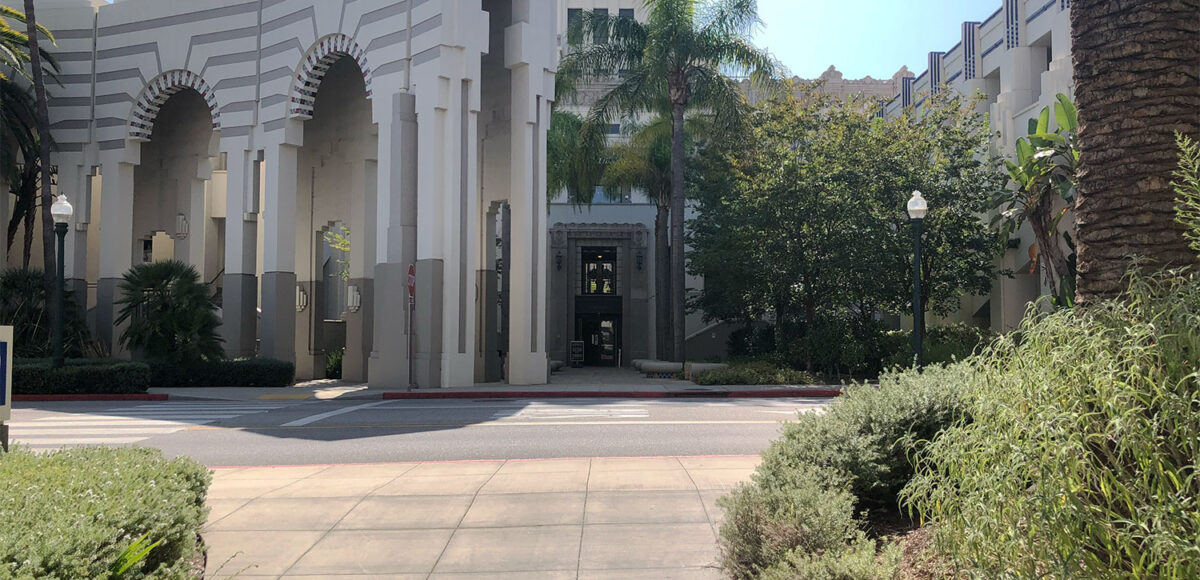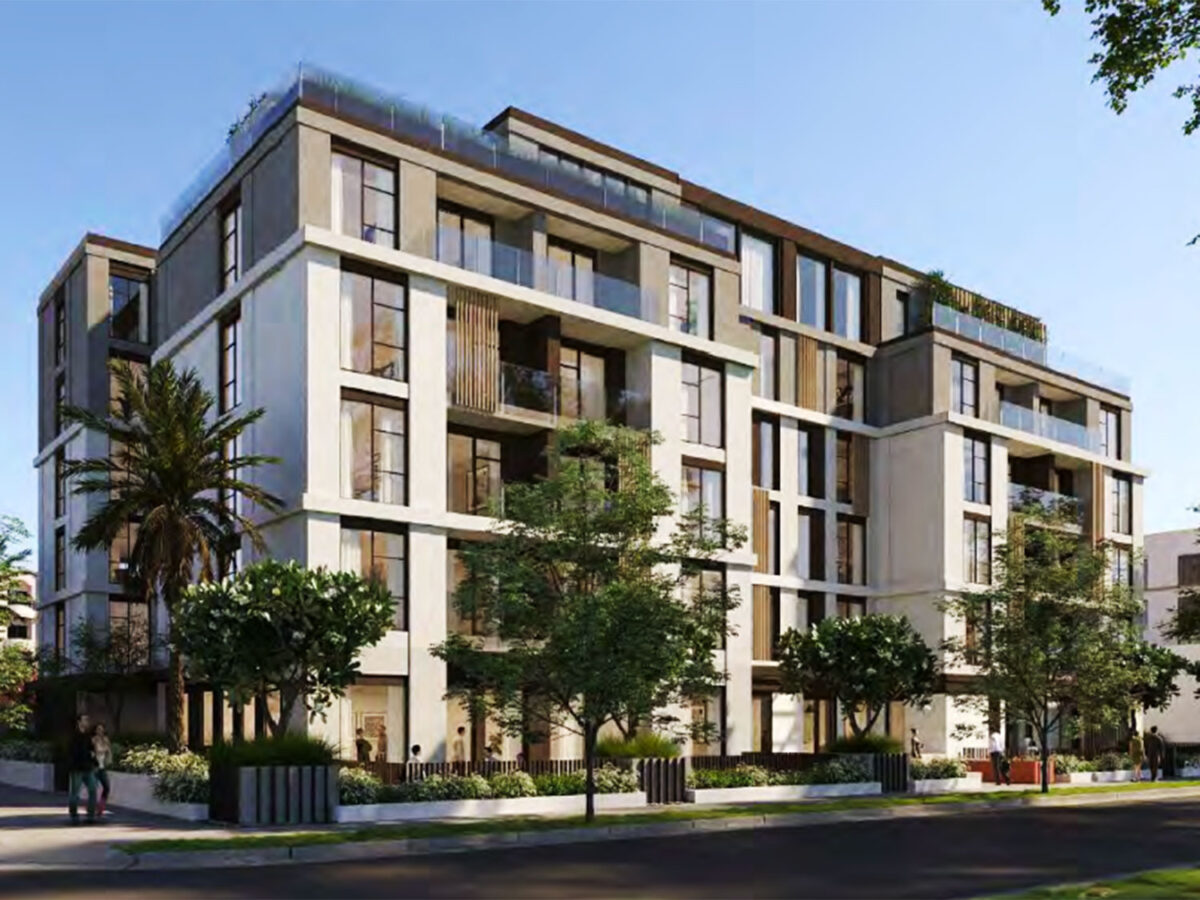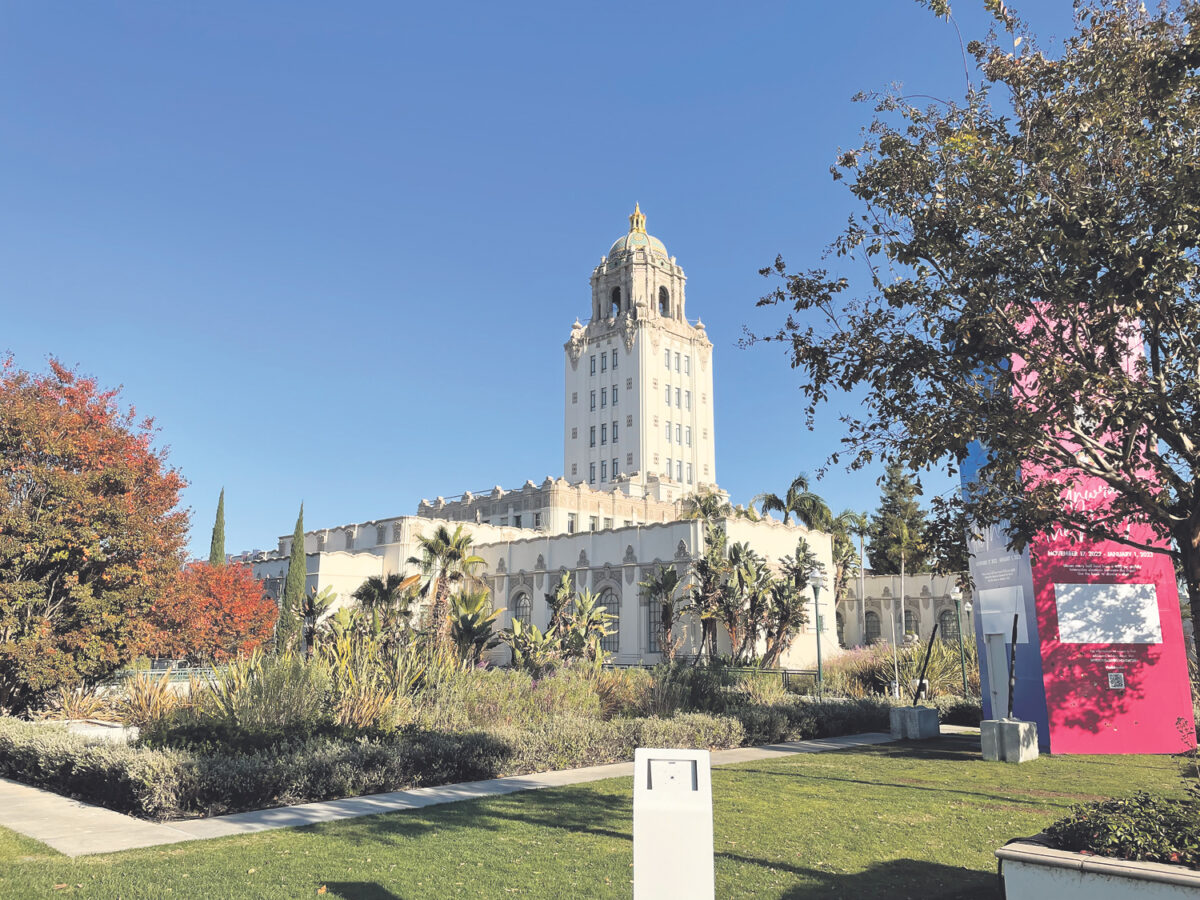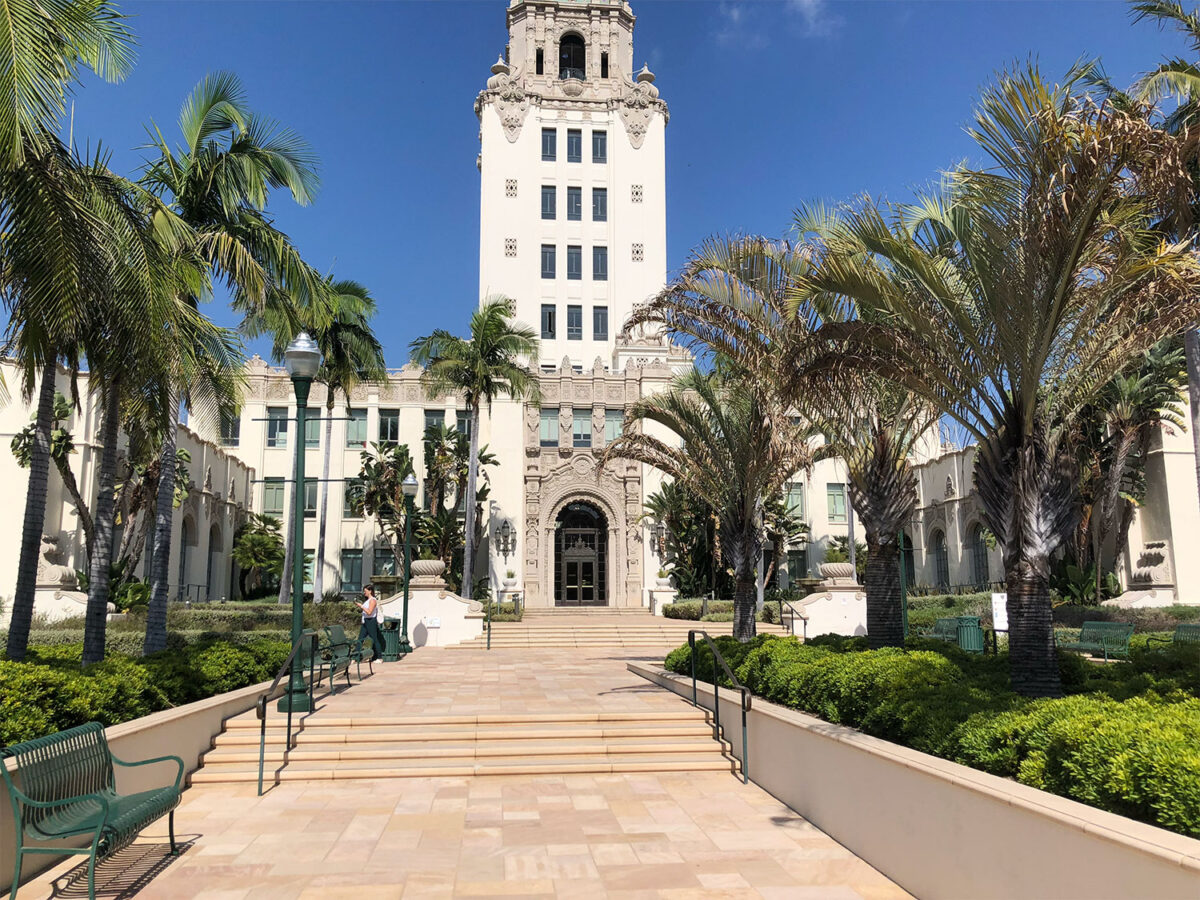On Sept. 12, the city of Beverly Hills voted to move forward with potentially developing a future 100% affordable senior housing project on a city-owned site at 9268-9298 W. 3rd Street.
The city approved entering into an agreement with nonprofit affordable housing group West Hollywood Community Housing Corporation (WHCHC) to develop the project, a proposed multistory building with 252 one-bedroom units that, if completed, would be the city’s second senior housing complex.
“The Beverly Hills City Council has always been committed to providing affordable housing for our residents,” Beverly Hills Mayor Dr. Julian Gold said. “Sometimes it takes time to put these projects together, and I am pleased we are able to move forward. While this is the first step, the Council is dedicated to providing more housing options for our community in the future.”
During its Sept. 12 regular meeting the council agreed that the city would enter into an Exclusive Negotiation Agreement with the West Hollywood nonprofit developer. Conceptual plans and drawings will now be presented to the public through a robust community outreach plan over the coming months, city officials said in a statement. Under the agreement, city officials and developers have one year to reach terms that satisfy both parties.
Although the matter was approved without further comment at the regular meeting, a lengthy discussion took place at the Study Session earlier in the day.
Councilmember Sharona Nazarian said she supported the project but added she’d like to see significant outreach to the community as development proceeds. She also called for creating smaller apartment units to allow for a greater number of units in the building.
Councilmember John Mirisch, unequivocal in his support for the project, said, “We can’t move forward with this soon enough.”
“I wholeheartedly support it,” echoed Councilmember Lili Bosse, adding she’d like the community to know “nothing is a done deal, and they can help shape what this going to look like.”
In April of 2022, the city solicited qualifications and conceptual proposals for a project on a city-owned site. The city evaluated 27 conceptual proposals from 13 affordable housing developers across seven city-owned sites for an affordable senior housing project. A City Council subcommittee then recommended both the project site and the developer, WHCHC, to be selected.
Formerly in 1986, WHCHC, currently led by President and CEO Jesse Slansky, has developed 21 affordable rental apartment communities that house more than 1,200 residents, the majority of whom live below the federal poverty line, according to the nonprofit’s website.
“Our history is very closely entwined with the city of West Hollywood,” Slansky told the Council during the Study Session meeting. “Our roots are in West Hollywood, but over the years we’ve expanded. We now have operations in three cities.”
Slansky said the proposed development would include onsite amenities and active programming to combat social isolation faced by many community members as they age.
Architect Zoltan Pali of local architecture firm SPF:architects has been selected to design the development, which would be constructed in two phases. This, a city staff person said, would allow for maximize funding from outside funding sources. Currently, the city’s funding share would be $1.8 million.
The building is proposed to be six stories high with an additional usable rooftop level along with two levels of subterranean parking. The two buildings at the project site are city owned. One is vacant and the other is leased monthly to Beverly Hills City Employees Federal Credit Union.
During public comment, critics of the project said it made little sense to house low-income residents in an area filled with expensive grocery stores and other high-priced services. Others cited traffic concerns and said it would be disruptive to the neighbors of the project’s proposed site, including the adjacent Orthodox synagogue Magen David of Beverly Hills, located on Foothill Road.
“This project will disturb the serenity of the temple,” one public commenter said.
Though the city should expect to allocate less than $2 million in gap funding, that figure could change over time. Vice Mayor Lester Friedman, while supportive of the proposal, expressed doubts the city’s financial responsibility would remain that low and asked for Slansky to address that concern.
“Right now, the state, luckily, has robust resources,” Slansky said. “If we can keep moving this process quickly and apply for financing from the state, I don’t anticipate having the [funding] request of the city increase.”






